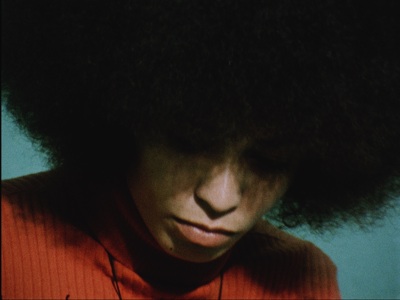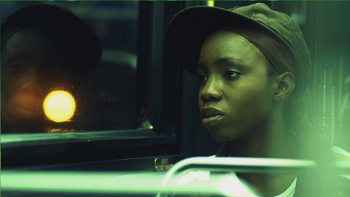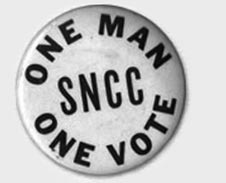
The Black Power Mixtape
“But everyone involved with us that we approached for interviews and participation have been so generous and giving including Erykah Badu, Talib Kweli, Harry Belafonte, Kathleen Cleaver, Sonia Sanchez, Bobby Seale and Questlove, who also provided the film with best imaginable music.”
via Filmmaker

Pariah
“The biggest surprise associated with making Pariah came after watching the first rough cut when we discovered that this was not a “black lesbian” movie. We had fought this BRUTAL uphill battle in funding the film with financiers and investors balking at the story because it was “too small and specific” (which is code for “too black and too gay”). After we screened the first cut, one of our early advisors went so far as to describe it as “commercial.” We didn’t know whether to slap them or celebrate.”
Dee Rees



